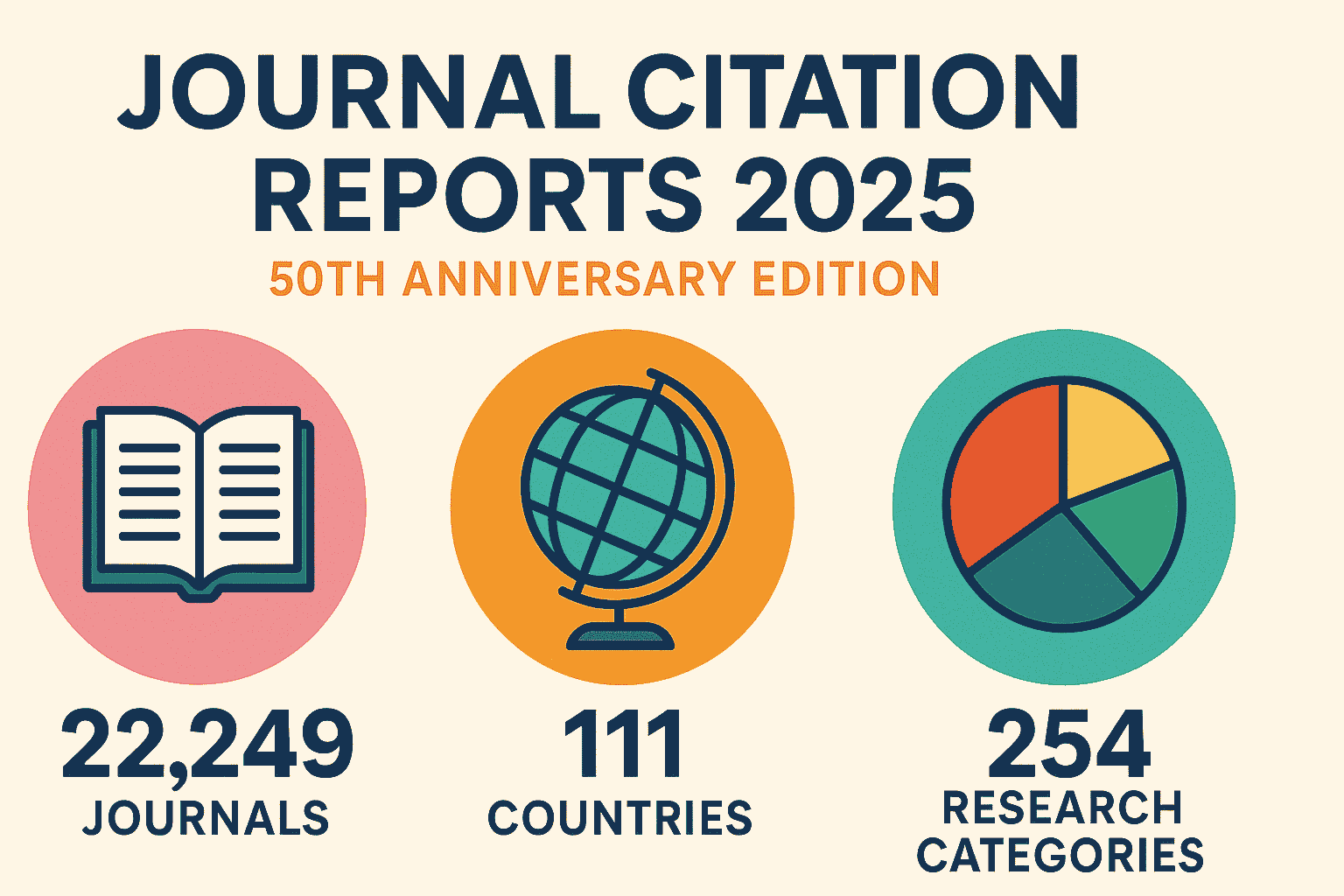Tumor aneuploidy as a prognostic and predictive biomarker in immune checkpoint blockade
Tumor aneuploidy as a prognostic and predictive biomarker in immune checkpoint blockade
Summary
Tumor aneuploidy, an abnormal chromosome number, is increasingly recognized as a crucial factor influencing cancer progression and response to immunotherapy, particularly immune checkpoint blockade (ICB). High aneuploidy is often associated with increased tumor mutation burden and neoantigen load, potentially enhancing immune recognition and response to ICB. However, aneuploidy can also drive immunosuppression through pathways like interferon signaling defects. While some studies link high aneuploidy with improved ICB outcomes, others show the opposite or no correlation, highlighting the complexity and context-dependency of aneuploidy’s effect. Further research is needed to refine our understanding of how aneuploidy impacts the tumor microenvironment and ultimately affects the efficacy of ICB, potentially leading to its use as a prognostic and predictive biomarker.
Read more…
This post is part of “Science/Immunology News”, Follow for more…!!!







